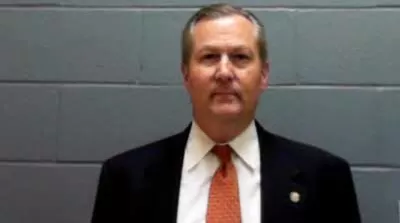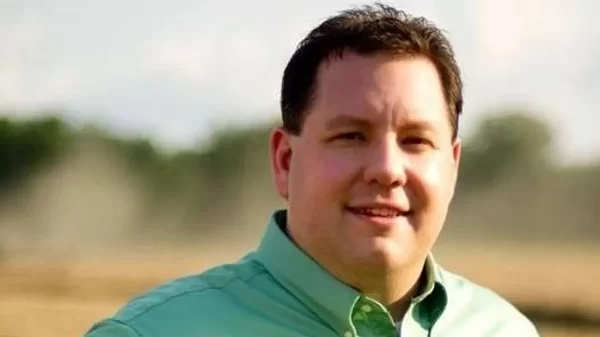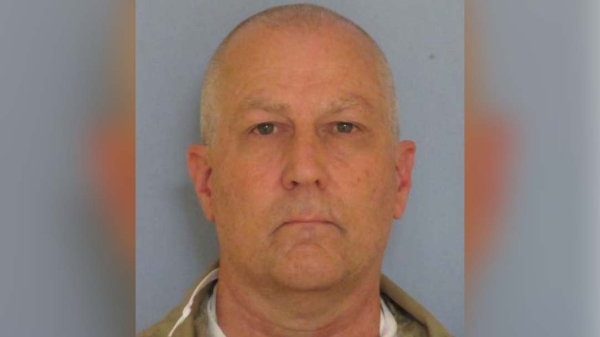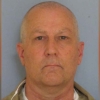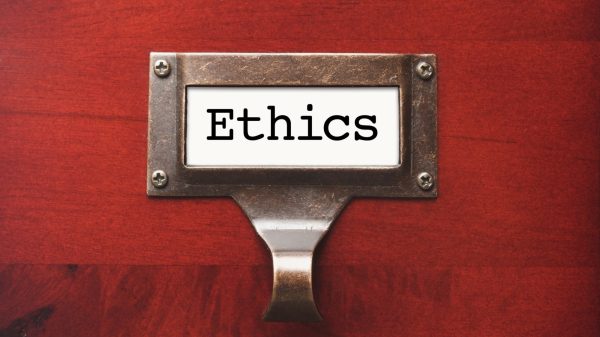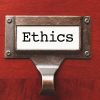By Bill Britt
Alabama Political Reporter
MONTGOMERY—On Friday, Lee County Circuit Court Judge Jacob Walker, III dealt a subtle blow to the defense in the Speaker Mike Hubbard felony case.
Late on that previous Monday, Hubbard’s criminal defense attorney J. Mark White issued subpoenas for Governor Robert Bentley and Acting Attorney General W. Van Davis, who is overseeing the prosecution’s case against Hubbard. Instead of of waiting for the scheduled motion hearing on April 15, Judge Walker called a hearing for April 3, at 1:45 PM, to settle the issue of the Bentley subpoena.
According to those present, as Hubbard entered and exited the hearing, he was surrounded by a security team, which included Lee County Sheriff’s Deputies. The first order of business for Judge Walker was to put the defense on notice that he was not pleased with the Bentley subpoena and in an obviously irritated manner, said that he had no problems with any of the previous subpoenas, but the one for the Governor was an overreach.
Earlier, the State filed a motion to quash some 17 subpoenas issued by Hubbard for members of the Attorney General’s staff and others. Judge Walker said, he hoped to rule on these subpoenas at the motion hearing on April 15.
Judge Walker made it clear to defense that if he should he grant an evidentiary hearing he could see no need to have Bentley or Attorney General Strange testify in open court. He let it be known that he felt deposition would be sufficient.
While he did concede that if an evidentiary hearing was granted, that Rep. Mike Ball (R-Huntsville) along with radio hosts Leland Whaley and Dale Jackson, would be permitted to testify. The three men have had conversations with Matt Hart, the Head of the Attorney General’s Special Prosecution Division.
Hubbard’s criminal defense attorney White has tried to use the conversation claiming they are leaks and/or prosecutorial misconduct. White, on a number of occasions has made reference to the State’s Grand Jury Secrecy Act, and has even used its breech as a reason to file a motion for dismissal. However, the act itself does not refer specifically to prosecutors.
Alabama Code – Section 12-16-215, states: No past or present grand juror, past or present grand jury witness or grand jury reporter or stenographer shall willfully at any time directly or indirectly, conditionally or unconditionally, by any means whatever, reveal, disclose or divulge or attempt or endeavor to reveal, disclose or divulge or cause to be revealed, disclosed or divulged, any knowledge or information pertaining to any grand juror’s questions, considerations, debates, deliberations, opinions or votes on any case, evidence, or other matter taken within or occurring before any grand jury of this state. Nor shall any person at any time, directly or indirectly, conditionally or unconditionally by any means whatever, corruptly or with intent to influence a grand juror or other person authorized by law to attend a grand jury, or by threat of harm to person or property, or by force applied to person or property, or by threatening letter or communication, or by offer of reward, remuneration, gift, benefit or thing of value of whatever nature or kind, obtain or endeavor to obtain, any information pertaining to, or any knowledge of any grand juror’s questions, considerations, debates, deliberations, opinions or votes on any case, evidence or other matter taken or transpiring within or before any grand jury of this state.
Attorneys with knowledge of Friday’s hearing were left with the impression that Judge Walker gave the defense a mild upbraiding with a complete rejection of their attempt to turn his courtroom in to a circus.








































